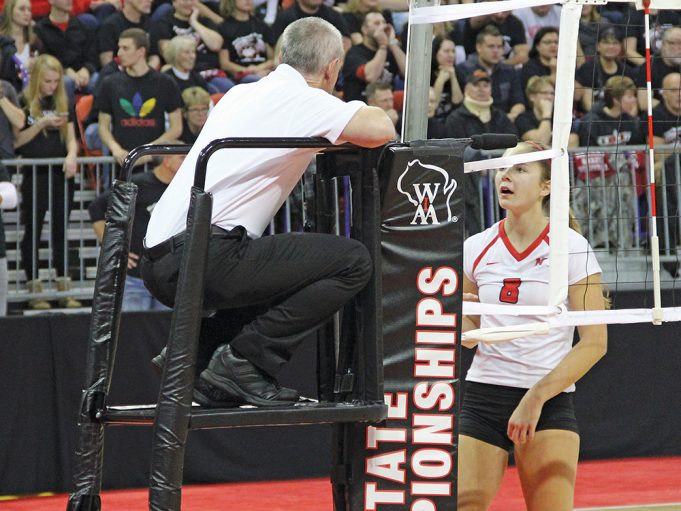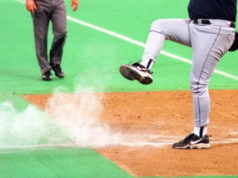The failure to proactively address sexual and other forms of abuse of amateur athletes can result in severe consequences — including criminal prosecution of those who look the other way when abuse is committed. Many amateur sports organizations are required to put specific procedures and safeguards in place to protect athletes from sexual abuse under provisions of federal legislation signed into law, “Protecting Young Victims from Sexual Abuse and Safe-Sport Authorization Act of 2017.”
The law also requires “covered individuals” to report suspected child abuse, including sexual abuse, within 24 hours of learning of facts giving reason to support such a claim. Under the law, “covered individuals” encompasses a broad swath of adults who interact with minor or amateur athletes.
What does this federal law have to do with referees and umpires? A “covered individual” is defined as: “… an adult who is authorized, by a national governing body, a member of a national governing body or an amateur sports organization that participates in interstate or … international amateur athletic competition, to interact with a minor or amateur athlete at an amateur sports organization facility or at any event sanctioned by a national governing body, a member of a national governing body, or such an amateur sports organization.”
Does the law mention “officials”? It’s in the “Safe-Sport” part. Aside from the fact that officials are certainly “authorized to interact with athletes of all ages at many levels including youth and amateur levels,” the law also authorizes the United States Center for Safe Sport, an independent organization, to put procedures in place to safeguard the well-being and rights of amateur athletes to be free of abusive conduct.
Officials can face the prospect of liability for not reporting abuse
Officials face the prospect of criminal liability for not reporting abuse and being subject to, at some levels, disqualification from officiating should they commit an offense that comes under Safe-Sport jurisdiction. The law gives athletes the right to sue for personal injuries.
Many officials will be directly affected by the law. Officials working youth or other amateur sports at regional or national venues where athletes have traveled across state lines to compete are placing themselves in situations where many interactions among athletes, coaches and sometimes officials will occur — both during competition and after hours. Officials in some sports, e.g. wrestling, may have additional interactions with student-athletes outside of the playing surface. The possibilities are endless — as is the legal exposure.
Officials should anticipate untoward situations. At the same time, officials have a right to expect their local associations or governing bodies to take stock and provide at the very minimum, some specific advice regarding the potential impact of the law and what it means for individual officials working at or near a covered venue.
Each group will need to evaluate its legal obligations and rights in light of the current law and new laws that impact sports to see if an association or its members need to take action or make adjustments.
What's Your Call? Leave a Comment:
Note: This article is archival in nature. Rules, interpretations, mechanics, philosophies and other information may or may not be correct for the current year.
This article is the copyright of ©Referee Enterprises, Inc., and may not be republished in whole or in part online, in print or in any capacity without expressed written permission from Referee. The article is made available for educational use by individuals.

















